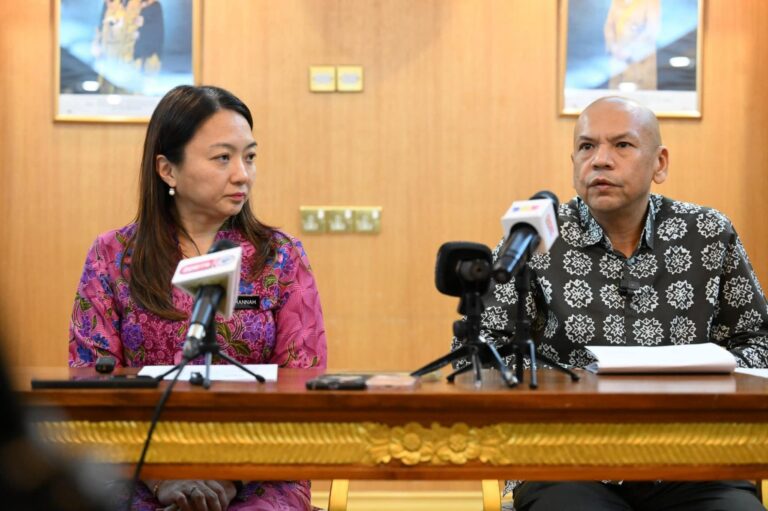
KAJANG, SELANGOR, Malaysia, August 5, 2025 – During a press conference on the I-DEEN AADK program, Home Minister Datuk Seri Saifuddin Nasution Ismail emphasized the critical need for National Anti-Drugs Agency (AADK) officers to equip themselves with new knowledge and skills to tackle the evolving drug crisis in Malaysia, now spanning over four decades. The minister underscored that the rise of synthetic drugs has transformed the landscape of addiction treatment, necessitating advanced expertise among rehabilitation officers.

“Forty years ago, we dealt solely with conventional drugs. Today, synthetic drugs—unknown back then—present unique challenges,” Saifuddin said. “These substances cause hallucinations and require different management approaches, demanding that AADK officers, especially those in rehabilitation, match their skills to these modern threats.”
The minister highlighted two key areas of focus: updated knowledge to address the distinct effects of synthetic drugs and enhanced skills to handle clients with varied addiction severities. He stressed that as the drug threat evolves, AADK must demonstrate readiness through a workforce capable of meeting contemporary challenges.
Responding to media queries on drug proliferation via social media and online platforms, Saifuddin revealed that the Cabinet Committee on Drug Trafficking, chaired by the Deputy Prime Minister, has held multiple discussions on this growing concern. He noted the shift from traditional sales to online transactions, often facilitated through platforms like WhatsApp and Facebook, which complicates detection and delivery tracking.
“We are reviewing legal and regulatory frameworks to strengthen controls,” Saifuddin explained. “While regulated platforms like Shopee and Lazada are easier to monitor, social media sales pose a significant challenge. The committee is exploring amendments to existing laws or the creation of a new act to address small-scale online drug transactions.”
The government acknowledges the dangerous ease of access and the difficulty in tracing these trades, committing to bolster legislation to curb this trend effectively.
When asked about the frequency of the Cabinet Committee’s meetings, Saifuddin confirmed three sessions annually, with the latest held in June as an informational review. He indicated that policy decisions are still being refined for finalization.
Addressing staff rotation as an anti-corruption measure, Saifuddin supported the initiative, noting its adoption in both public and private sectors. “At the Home Ministry, we’re open to this. Officers from AADK could rotate to Immigration and vice versa, with tenures varying from two to five years based on need,” he added.
The minister also addressed AADK’s reported 80% success rate in client rehabilitation, achieved through a comprehensive program covering psycho-social, biological, and spiritual aspects. “This is a solid benchmark, but we aim higher. The Director-General will continue monitoring, supported by Friends of AADK and community networks,” Saifuddin said.
Finally, Saifuddin highlighted recent amendments to the Drug Dependants Act, enabling action against unregistered private rehabilitation centers. Citing a fatal incident in Negeri Sembilan, he affirmed that enforcement is underway, marking a significant step forward in oversight.













